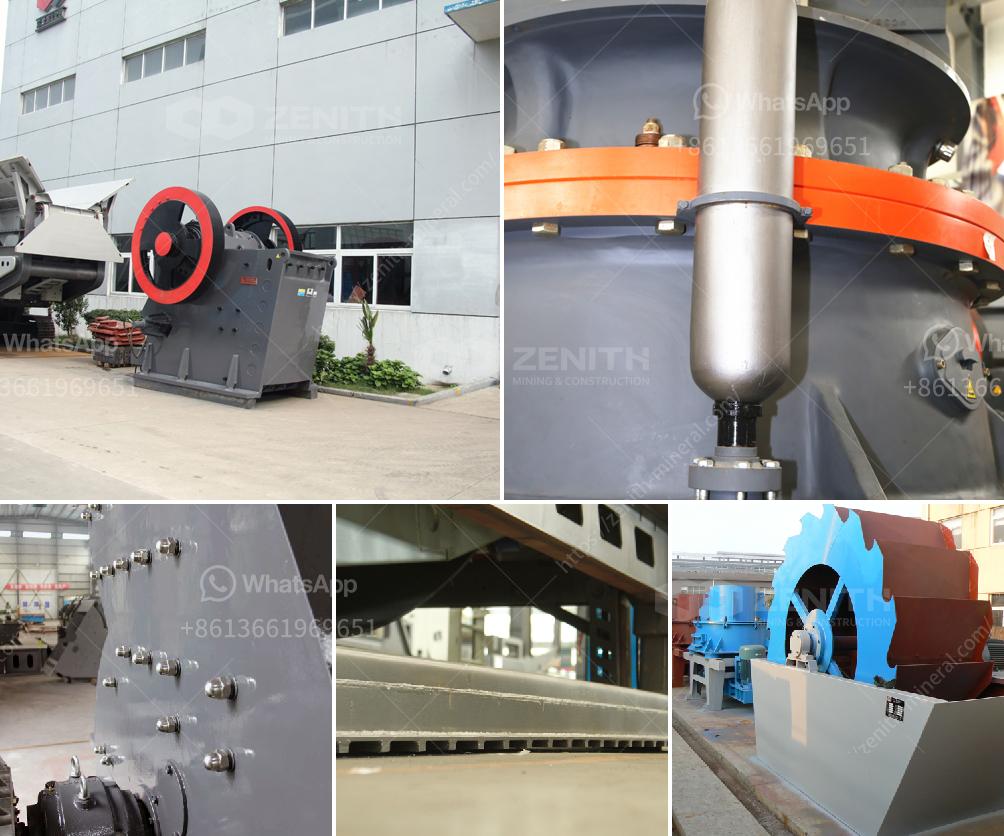Small rock crushers offer several key benefits, especially for industries like construction, mining, and landscaping. Here are some of the main advantages:
Portability: Small rock crushers are designed to be easily transported, making them ideal for use in locations where larger equipment might not be feasible. This is particularly beneficial for small-scale projects or in remote areas.
Cost-Effective: They are generally more affordable than larger crushing equipment. This lower cost makes them accessible for smaller operations and reduces initial investment requirements.
Ease of Use: Many small rock crushers are designed to be user-friendly, with straightforward controls and maintenance requirements. This makes them suitable for operators who may not have specialized training.
Versatility: These crushers can handle various types of materials and are effective for crushing smaller quantities of rock and recycling applications, such as breaking down building rubble or old concrete.
Efficiency: Despite their size, small rock crushers can efficiently crush materials into smaller, more manageable fragments, aiding in further processing or easier handling and transportation.
Reduced Footprint: They take up less space on a worksite compared to larger crushing machinery, which can be a significant advantage in limited-space environments.
Environmentally Friendly: By enabling on-site material processing, small rock crushers can reduce the need for transporting raw materials, thereby lowering the project’s carbon footprint.
Scalability: They can serve as an excellent entry-point for businesses looking to start small but with the potential to grow into larger operations as demand increases.
Rental Opportunities: Small rock crushers can be a cost-effective option for short-term projects via equipment rental, making them ideal for contractors who need equipment temporarily.
These benefits make small rock crushers a valuable tool for a wide range of projects, providing flexibility, cost savings, and efficiency.
